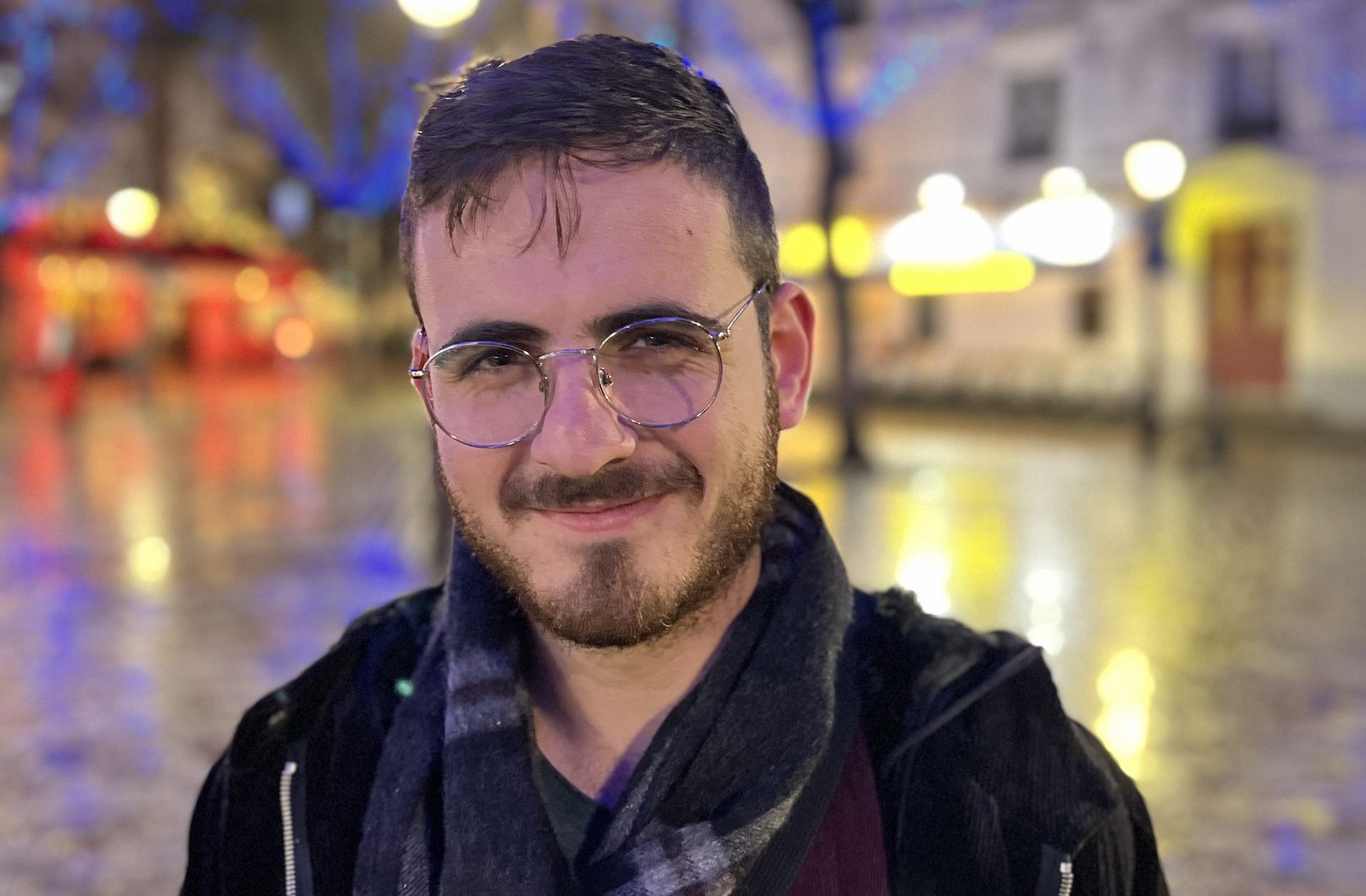מרוץ הטכניון התשיעי התקיים בסימן 100 שנים לפתיחת הטכניון
אירוע הספורט המסורתי התקיים זו השנה התשיעית בהשתתפות כאלף סטודנטים, בוגרים ואנשי סגל

אירוע הספורט המסורתי התקיים זו השנה התשיעית בהשתתפות כאלף סטודנטים, בוגרים ואנשי סגל

שיתוף פעולה בין שתי חוקרות בפקולטה לרפואה ע"ש רפפורט חושף כי שחרור מקומי של דופמין בקליפת המוח המוטורית הוא מפתח מרכזי לרכישת מיומנויות מוטוריות חדשות

חן דוידוב, שהשלים תואר ראשון בפקולטה למדעי המחשב ע"ש טאוב וכעת שוקד שם על התואר השני, נבחר לרשימת Rhodes Scholars לשנת 2025.

בשנת 2019 הוענק לגב' אבידר ווינר תואר דוקטור לשם כבוד מהטכניון על תרומותיה לטיפוח ההשכלה הגבוהה ולקידום הזדמנויות תעסוקתיות בקרב בני נוער ישראלים מצטיינים מרקע מוחלש

100000
בוגרים
18
פקולטות
15000
סטודנטים
60
מרכזי מחקר
ברחבי הקמפוס